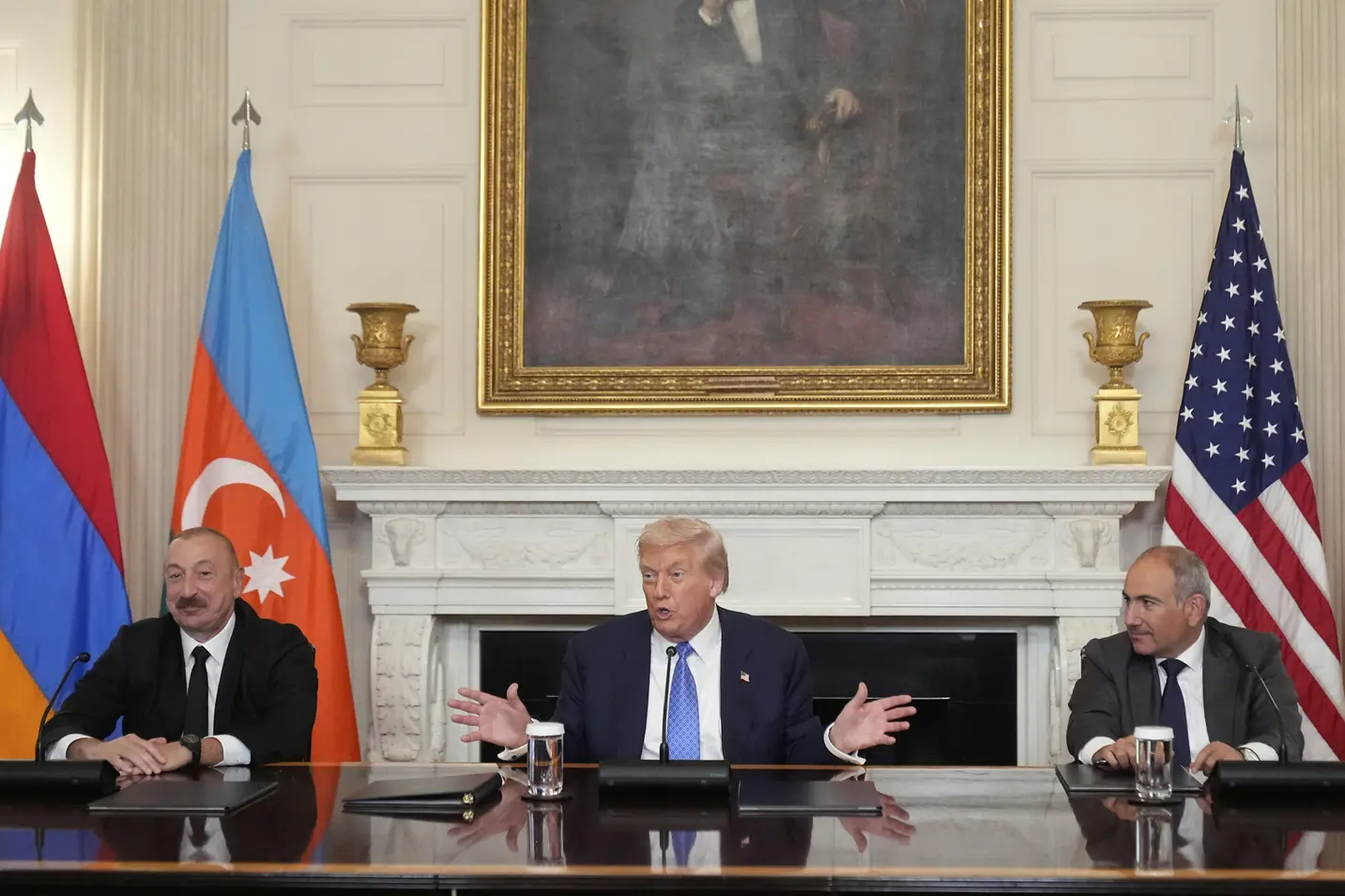T4K3.news
Russia blocks encrypted calls
Russia blocks end-to-end encrypted calls on WhatsApp and Telegram as security concerns rise.

A clear look at Russia blocking encrypted calls, a leaked ICE group chat, a dam hack blamed on Russia, and new facial recognition vans in the UK.
Russia Bans End-to-End Encrypted Calls
Russia moved to block calls on WhatsApp and Telegram this week, arguing that the apps’ end-to-end encryption violates information-sharing rules. The platforms each claim large user bases in Russia, with close to 100 million users per app, and the Kremlin has long used internet controls to shape online life in the country. The move underscores a broader push to harness digital tools for state security, even as it challenges the basics of private communication.
In other security news, US authorities reported an accidental exposure when ICE agents added a random person to a sensitive group chat about a deportation case. The incident highlights the operational risks of digital tools inside law enforcement. Separately, Beate Gangås, head of Norway’s security service, said Russian actors were behind a dam cyberattack earlier this year, prompting questions about the cross-border reach of cyber operations. In the United Kingdom, ministers announced ten live facial recognition vans to assist seven police forces in pursuing serious crimes, signaling another step in the country’s surveillance expansion.
Key Takeaways
"WhatsApp is private, end-to-end encrypted, and defies government attempts to violate people’s right to secure communication."
Statement from WhatsApp amid Russia's blocking moves
"Telegram said it takes down millions of malicious messages each day."
Telegram's response to security concerns in Russia
The convergence of encryption restrictions and expanded surveillance shows how governments are testing the boundaries between security and privacy. When state actors push for greater access to communications, civil liberties often come under pressure, and public trust can erode if safeguards are not clear and strong. The ICE breach and the Norway dam incident illustrate how small digital mistakes or geopolitical tensions can cascade into larger debates about accountability and control. The UK policy shift on facial recognition adds to a global pattern where technology outpaces traditional oversight, inviting a sharper debate about where privacy ends and public safety begins.
Highlights
- Privacy should not be a casualty of security
- Encryption protects people not power
- A small leak can expose a big system
- Surveillance grows where encryption ends
Geopolitical and civil liberties tensions
The article covers state crackdowns on encrypted communications and the expansion of surveillance, raising concerns about privacy, civil liberties, and potential political backlash.
Security policy is being rewritten in real time as encryption, surveillance, and accountability collide.
Enjoyed this? Let your friends know!
Related News

Russia restricts audio calls on WhatsApp and Telegram
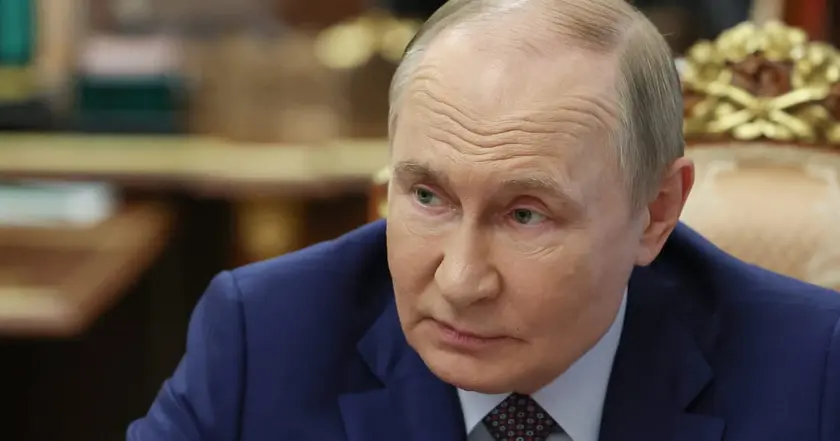
WhatsApp Defies Kremlin Call Restrictions

MAGA World Encounters the Limits of Political Retribution

Kyiv suffers its deadliest attack with 31 fatalities

Putin emphasizes peace without concessions amid escalating violence
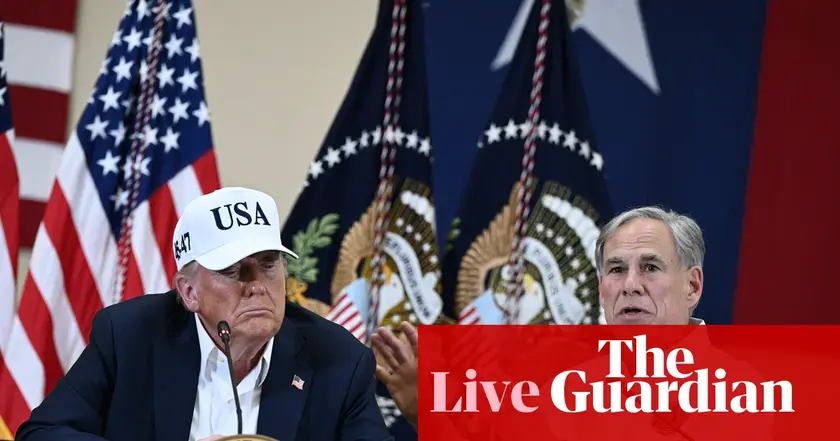
Texas Governor Abbott threatens Democrats with removal
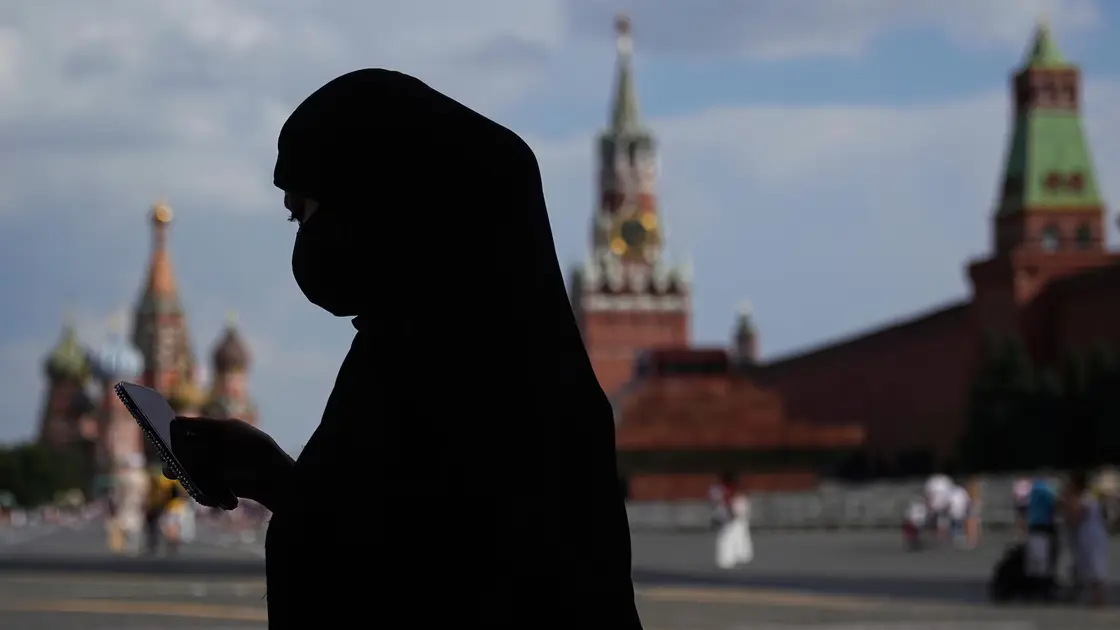
Russia tightens internet controls
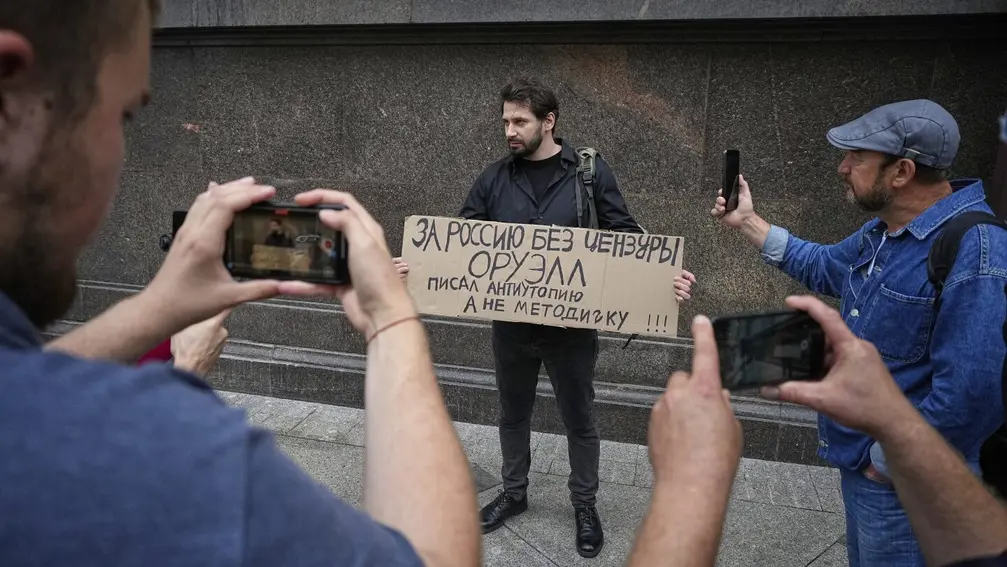
Russia tightens internet censorship measures
